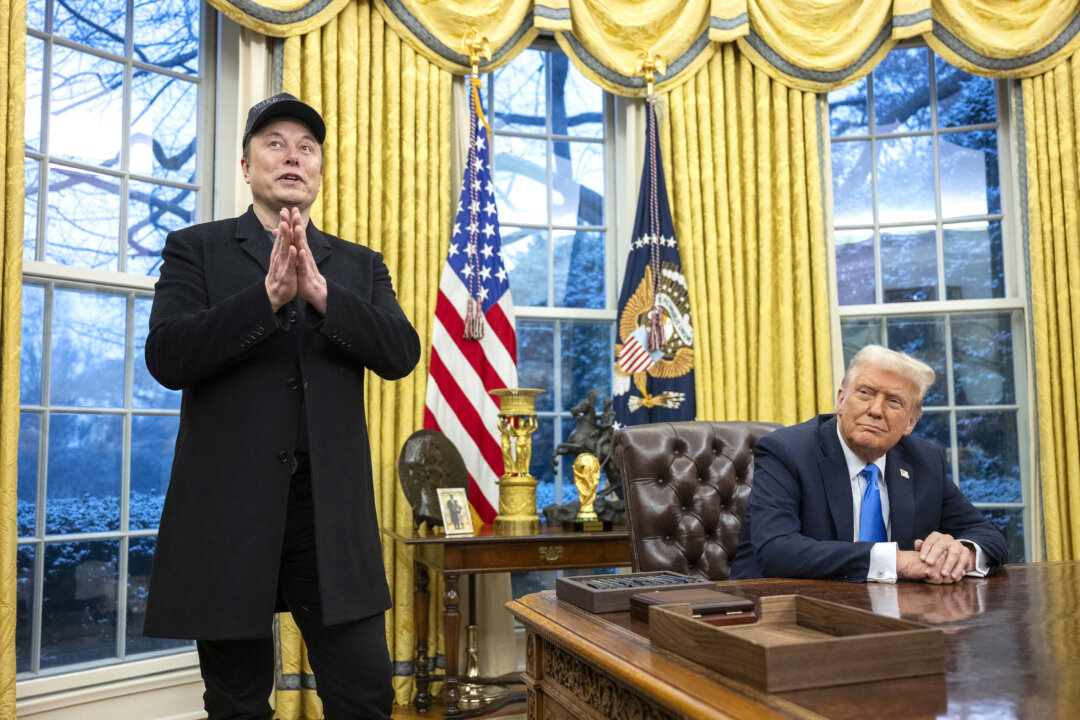The president’s plans to reduce government waste and cut costs are being challenged by nearly two dozen states.
President Donald Trump’s plan to freeze federal spending while reviewing government expenditures received another setback Wednesday, as a federal judge in Rhode Island ruled against the administration’s request to allow the payment pause to continue.
Judge John McConnell of the Rhode Island District Court found that the plaintiffs—including 22 states plus the District of Columbia which are seeking a permanent injunction—could be harmed if the money is not distributed.
“Thus, the Court finds that the risk of irreparable harm to Plaintiffs if the blanket categorical and unauthorized impoundment of funds resumes, paired with the public’s interest in maintaining the status quo pending a full hearing, weighs against issuing a stay on the Court’s Orders pending appeal,” McConnell wrote in the ruling.
He issued the temporary restraining order Jan. 31, four days after the Office of Management and Budget released a memorandum halting disbursements.
The memo was rescinded soon after, but not before Federal U.S. District Judge Loren AliKhan awarded complainants a “brief administrative stay.”
McConnell subsequently issued a ruling Feb. 10 declaring that the Trump administration failed to follow his prior order which demanded the money be paid out until the case is decided. He ruled at the time that the memo ending the pause was issued “in name-only.”
A Boston-based U.S. Circuit Court of Appeals later denied the Trump administration’s appeal on Feb. 11.
The U.S. Department of Justice is appealing the rulings, alleging that the restraining order is prohibiting federal agencies from operating under their lawful authority.
Legal challenges are expected from both sides in the coming months.
McConnell’s latest ruling allows funding cuts to certain programs, if such are done under established statutory authority and are not executed in a sweeping manner.
Trump criticized the rulings coming from who he described as “highly political judges” impeding his actions.
“We want to weed out the corruption,” Trump said in the Oval Office while signing executive orders Feb. 11. “And it seems hard to believe that a judge could say, we don’t want you to do that, so maybe we have to look at the judges.”
The president established the advisory body Department of Government Efficiency, under the leadership of tech entrepreneur and billionaire Elon Musk, to root out fraud and reduce government spending.
Despite the recent rulings, the administration remains focused on achieving these results, White House Press Secretary Karoline Leavitt told reporters Feb. 11.
“These unlawful injunctions are a continuation of the weaponization of justice against President Trump,” she said.

